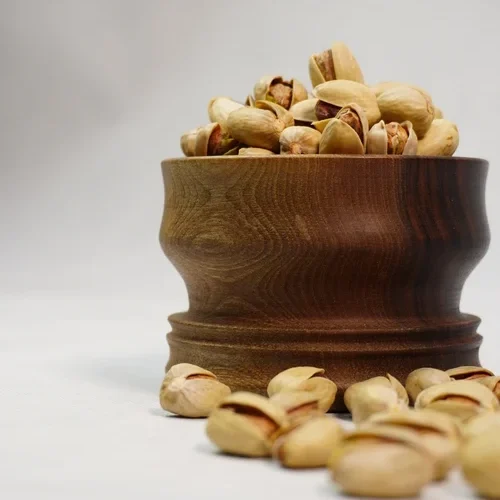How do geopolitical factors affect the pistachio trade?

The pistachio industry plays a vital role in the global nut trade. However, its growth and stability are often affected by geopolitical factors. From trade sanctions and restrictions to international conflicts, politics can shape everything – from pistachio prices to market access. Understanding these impacts helps exporters, farmers and investors make smarter decisions.
Trade sanctions and export restrictions
One of the biggest challenges in the pistachio trade is international sanctions. For example, Iran – one of the world’s top pistachio producers – has faced numerous trade barriers due to political sanctions. These restrictions limit export opportunities, affect pricing, and often redirect trade flows to alternative markets such as Turkey or the United States.
Sanctions not only affect direct exports, but also increase transaction costs and reduce profit margins for producers.
Political stability and production
Political stability in producing countries plays a vital role in maintaining sustainable supply chains. When farmers face uncertainty or conflict, production and quality often decline. On the other hand, stable governments attract investment in modern agricultural technologies, irrigation systems, and processing facilities – all of which increase the quality and competitiveness of pistachios in global markets.
International trade agreements
Free trade agreements and tariff policies can open or close market access for pistachio exporters. For example, reduced import tariffs between the United States and the European Union have supported strong sales of pistachios, while countries outside such agreements often face higher costs and slower customs procedures.
Effective diplomatic relations can lead to smoother trade flows and more predictable pricing.
Currency fluctuations and economic policy
Geopolitical tensions often lead to currency instability. When national currencies fluctuate wildly, pistachio exporters can make or lose money depending on the exchange rate. Strong currencies make exports more expensive, while weaker currencies may increase competitiveness abroad but reduce profits at home. Therefore, managing currency risks is essential for long-term success.
Changes in global demand
Trade conflicts and disputes can shift global demand from one supplier to another. For example, if one country faces an export ban, buyers will quickly switch to alternative suppliers. This creates sudden market opportunities for some producers and unexpected losses for others. The ability to adapt to these changes determines a country’s resilience in the pistachio market.
Conclusion
Geopolitical factors have a profound and lasting impact on the global pistachio trade. From sanctions and trade policies to currency fluctuations and regional conflicts, political events shape how and where pistachios are grown, sold and consumed. Producers who monitor global politics and diversify their markets are more likely to grow and prosper, even in times of uncertainty.
Source: Amazon




